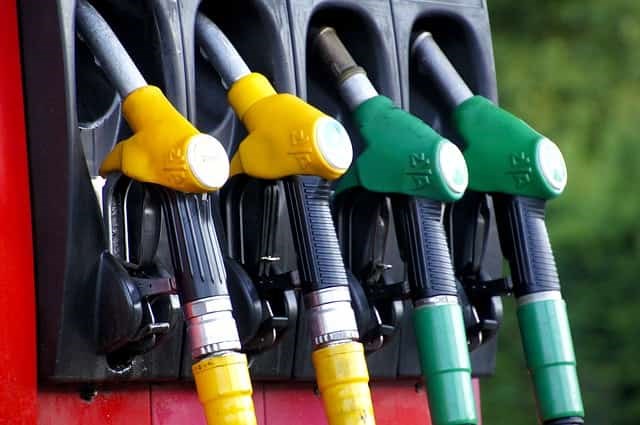The surge in gas prices has brought into full view the difficult task of reconciling effective climate action policies with populist politics.
The BC NDP’s ambitious clean energy plan is designed to curtail greenhouse gas emissions. A key assumption inherent in the plan is that more people will switch to zero-emission vehicles.
The problem, politically, is that kind of mass change will take years to evolve to the point of effectiveness. In the meantime, residents of Metro Vancouver are faced with a new reality of how expensive it is going to be to fill up their vehicles.
As the prices began to climb a few weeks ago, we witnessed the odd spectacle of watching the champion of the climate action plan – Premier John Horgan – vowing to do whatever he could to keep gas prices lower.
In other words, heaven forbid that high prices discourage people from driving and help to reduce emissions.
I have some sympathy for Horgan on this point. His party was elected largely on the promise of making life more affordable.
It sounds reasonable for the premier to express concern about the rising cost of driving, but a true effort to fight climate change means aggressively targeting drivers to get out of their cars.
Horgan and his government can’t have it both ways. The fact they seem to be struggling with this issue appears to be borne out by the premier’s constantly changing position on how those rising gas prices can be contained.
Horgan hinted at some sort of tax relief (the B.C. government is responsible for 35 cents of various taxes per litre of gas) but he quickly backpedaled. Then he suggested another refinery needed to be built, perhaps in B.C., and then he shifted to saying Alberta should build more refineries.
The refinery idea appears to be a non-starter. They are enormously expensive (there is a $22 billion one “planned” for the Kitimat area, but there is no evidence it has any financial backing) and take years to build.
And, once again, it seems odd that a government interested in fighting climate change is advocating building another gas refinery to refine more fossil fuels.
Ironically, the one thing that may bring the quickest relief at the pump is twinning the Trans Mountain pipeline. That is because bitumen – which is not for gasoline – takes up 20 per cent capacity in the current pipeline.
Moving that bitumen to the second pipeline would potentially add at least 20-per-cent more volume to move refined fuel into Metro Vancouver, thus increasing the supply and cutting prices by about 20 cents (according to some estimates).
I don’t think we’ll hear the NDP advocate this approach. Better to stick with the illusion that lowering gas prices is consistent with fighting climate change.
Keith Baldrey is chief political correspondent for Global BC.



